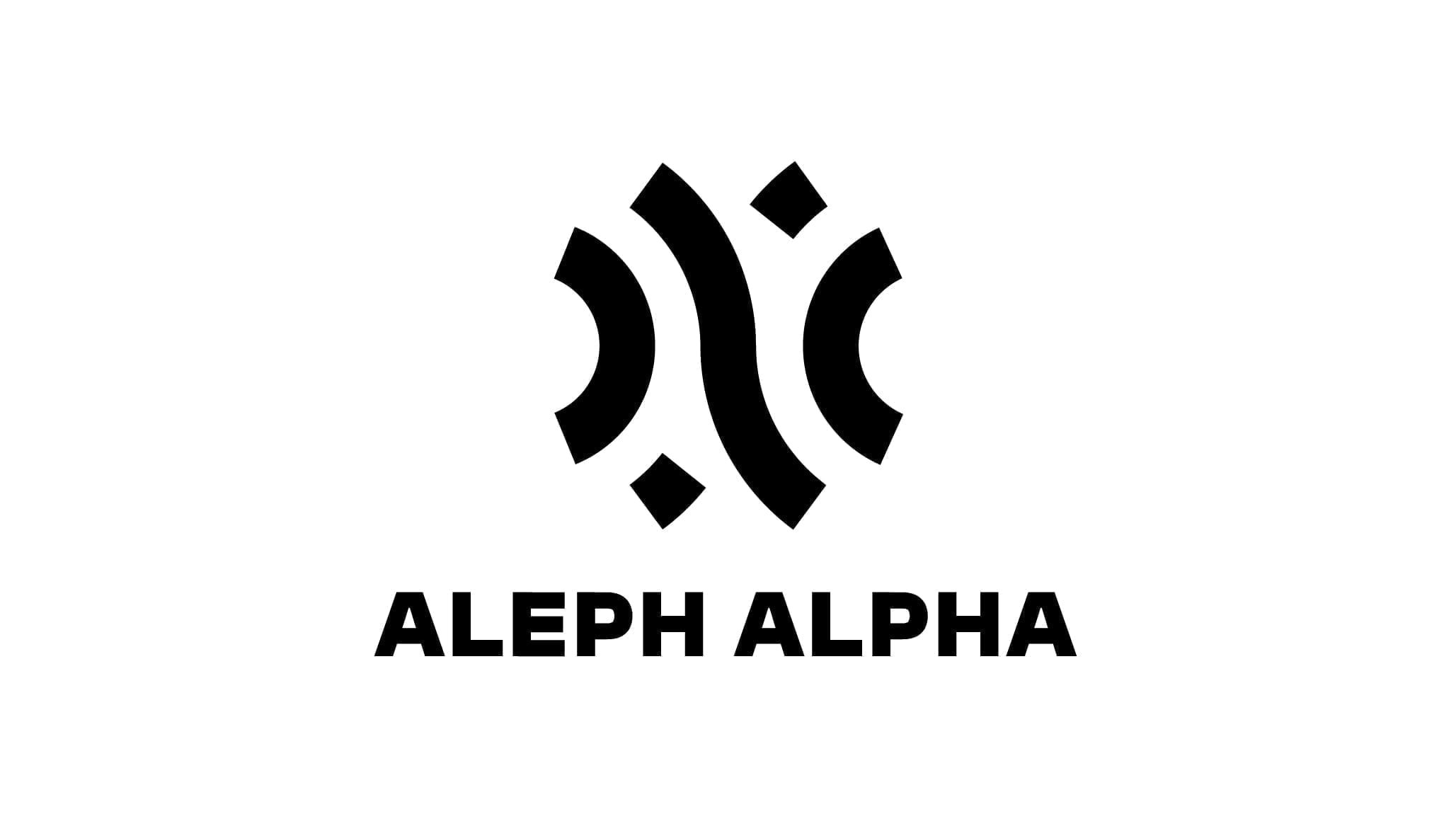German AI startup Aleph Alpha breaks down $500 million investment package

Update –
- Added comments from Aleph Alpha
Update from July 26, 2024:
Aleph Alpha has raised a total of 470 million euros in a funding round, which was equivalent to more than $500 million at the signing date, according to the company.
The financing consists of three components (via Gruenderszene): 110 million euros as pure equity financing, 300 million euros as research funding, and 60 million euros in the form of order commitments.
The 300 million euros in research funding goes entirely to the newly founded Aleph Alpha Research. According to Aleph Alpha, the funds are not tied to any conditions and are available exclusively to the research subsidiary.
Aleph Alpha Research was founded in December 2022. The owner of Aleph Alpha Research is the non-profit IPAI Foundation, which is connected to Aleph Alpha through an exclusive license agreement for the commercialization of research results. Aleph Alpha Research is led by Aleph Alpha co-founder Samuel Weinbach together with Dr. Yasser Jadidi as Chief Research Officer.
Original article from June 27, 2024:
German journalist Thomas Knüwer has raised concerns about AI startup Aleph Alpha's funding round, announced in November 2023 as totaling $500 million.
Knüwer's doubts are based on several points. First, and most notable, a source with access to the term sheet told him that investors received about 20 percent of the shares for about $100 million, valuing the company at $500 million to $625 million.
Aleph Alpha's German press release mentions financial "contributions," which Knüwer notes is unusually vague. The English version says, "funding exceeds half a billion US dollars," which is more precise but perhaps less true, depending on how you define "funding."
Because the $500 million figure includes sales commitments ("preconsumption licenses"), research contracts, and "business development" commitments. This doesn't align with the typical definition of a financing round, where shares are exchanged for capital.
Aleph Alpha's German press release describes the $500 million as an "investment package" including license purchases, which Knüwer correctly identifies as revenue, not investment in terms of shareholding.
When asked, Aleph Alpha declined to comment on Knüwer's statements. The company had previously informed Knüwer it would not make further statements beyond those made publicly about the financing round.
Knüwer criticizes media coverage, noting that many outlets reported the $500 million figure without scrutiny, including this publication.
He argues that potentially exaggerated funding totals could damage the reputation of Germany's AI sector in the long term, drawing parallels to coverage during the dotcom bubble.
It is common for AI companies to receive in-kind contributions as part of their collaborations. For example, OpenAI and Anthropic, the two largest AI companies in the U.S., receive cloud computing resources from Microsoft, Google, and Amazon, which in turn helps them grow their cloud business and drive up their stock price - a business practice that can be considered controversial because it is a self-fueled hype machine. However, these resources are not typically part of a traditional funding round.
But a US$100 million investment with a potential turnover of US$400 million is a less attractive headline for both the media and Aleph Alpha.
Aleph Alpha probably announced the round to make it look bigger than it is, to keep up with the industry hype, and to present a significant number internationally. Even so, it is still far behind the investment volumes from the US or China.
AI News Without the Hype – Curated by Humans
As a THE DECODER subscriber, you get ad-free reading, our weekly AI newsletter, the exclusive "AI Radar" Frontier Report 6× per year, access to comments, and our complete archive.
Subscribe nowAI news without the hype
Curated by humans.
- Over 20 percent launch discount.
- Read without distractions – no Google ads.
- Access to comments and community discussions.
- Weekly AI newsletter.
- 6 times a year: “AI Radar” – deep dives on key AI topics.
- Up to 25 % off on KI Pro online events.
- Access to our full ten-year archive.
- Get the latest AI news from The Decoder.